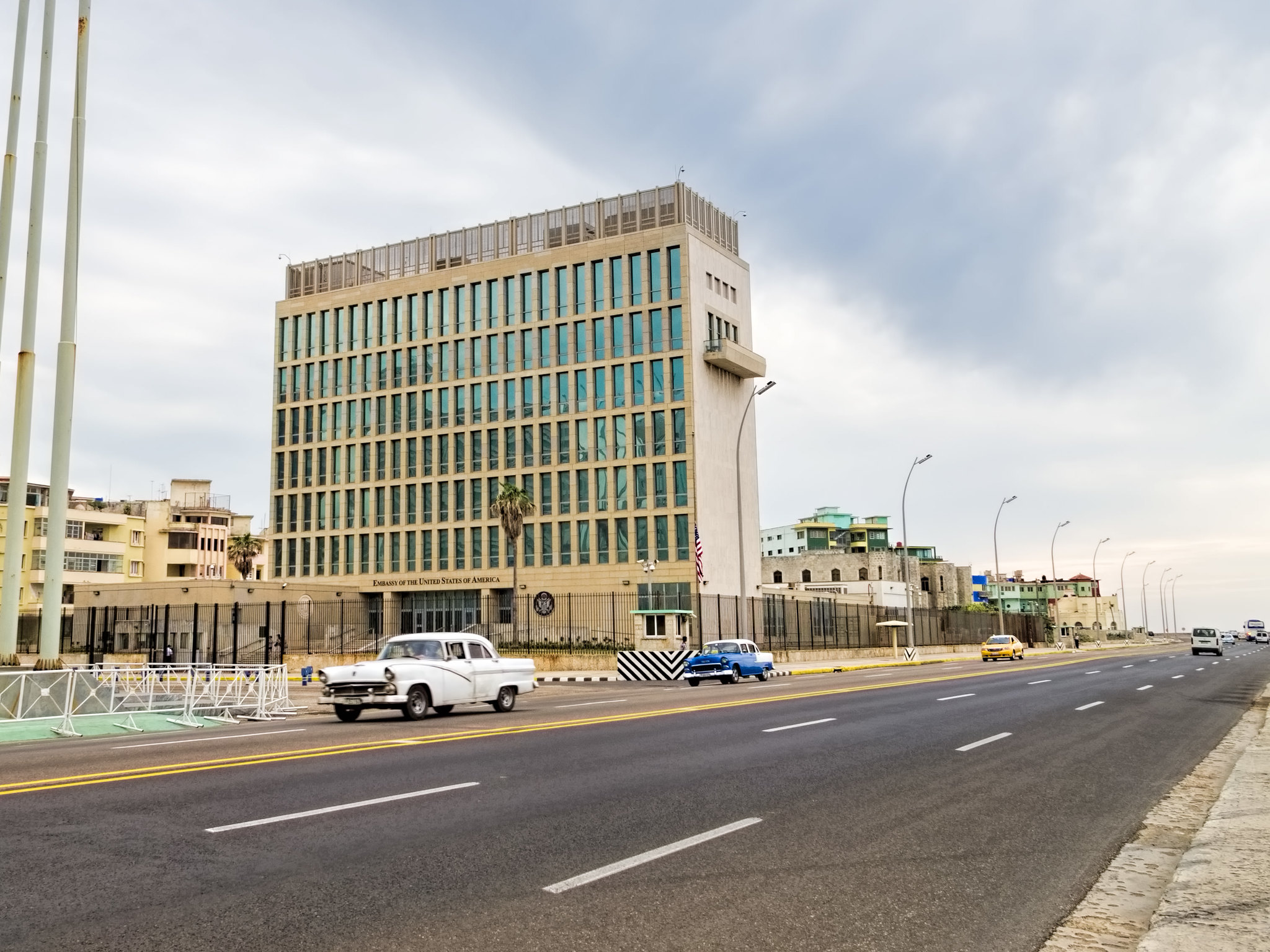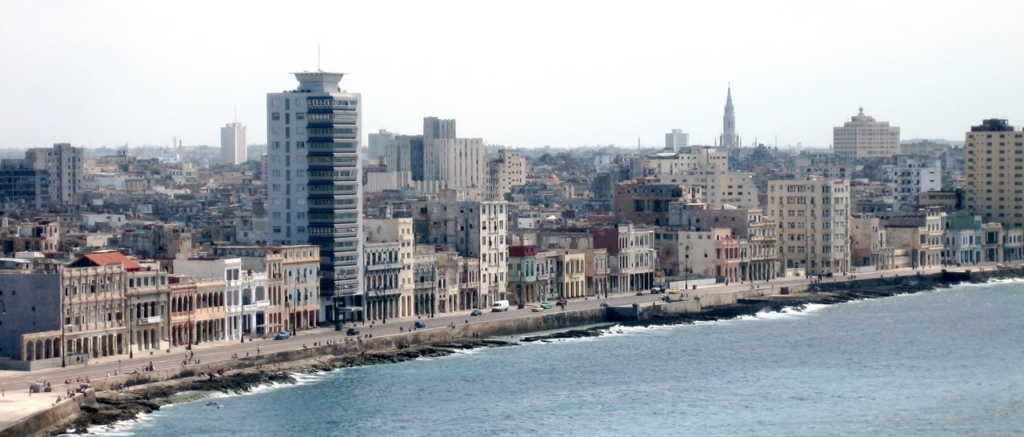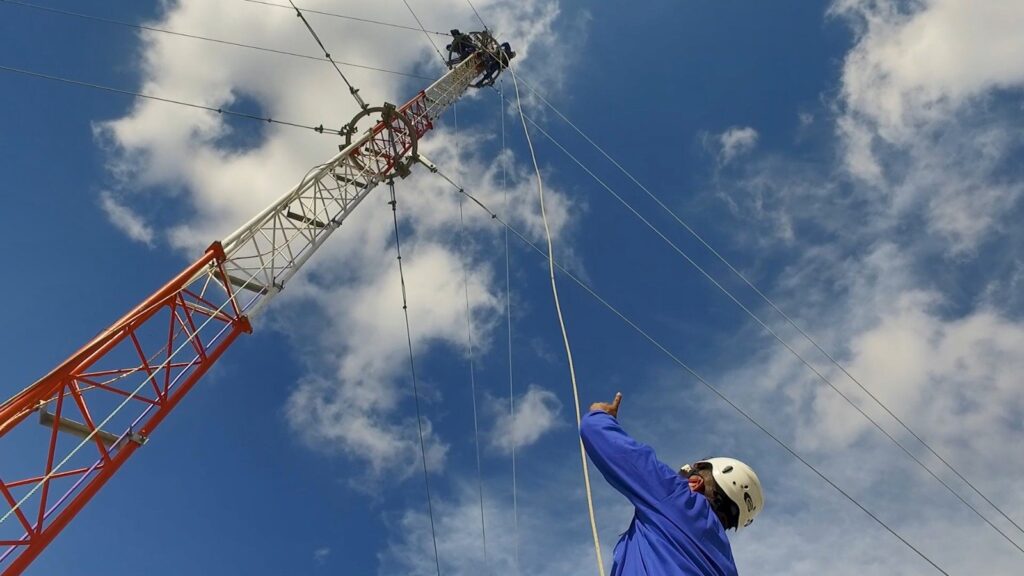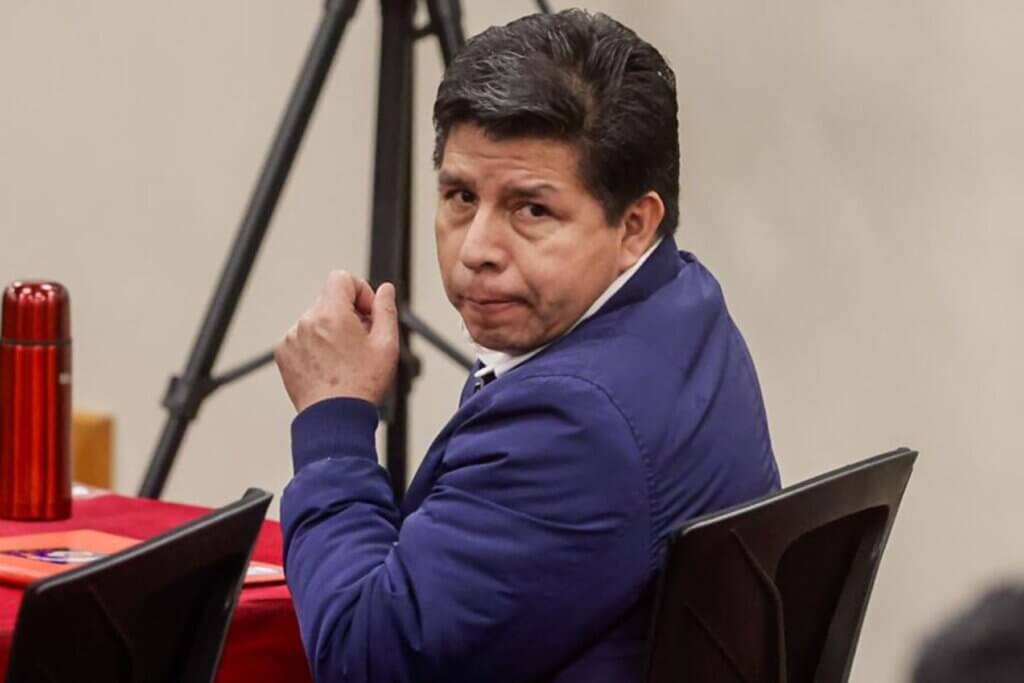Mike Hammer seems, at first glance, your typical gringo in Cuba. On social media he frequently posts pictures of himself, red-faced and sweaty, smiling with Cubans from all walks of life. He travels frequently, appears jovial and is clearly unencumbered by the shortages that affect the daily life of the vast majority of Cubans.
However, Hammer, head of the American diplomatic mission to Cuba since November 2024, is anything but your typical American abroad, much less your typical American representative abroad. Hammer grew up in Latin America; he spent his childhood in Honduras, El Salvador, Venezuela, Colombia and Brazil.
His ambassadorial experience is extensive. Hammer served as U.S. ambassador to Chile (2014-2016) and the Democratic Republic of Congo (2018-2022), was chosen to be the U.S. Special Envoy for the Horn of Africa in June 2022 and, while serving in this role, helped mediate an end to the conflict between the Ethiopian Government and the Tigray People’s Liberation Front in November 2022.
Hammer’s latest stay in Cuba has also been anything but routine. Since accepting his role, he has toured the country extensively, meeting with political dissidents and activists, the families of political prisoners, religious figures and many ordinary Cuban citizens who happen to have crossed his path.
Image Source: usembcuba via Instagram
These tours are no tourist trips; their purpose is to demonstrate the support of the current American administration of President Donald Trump for the Cuban opposition and, ultimately, regime change in the Caribbean nation.
Hammer has been vociferous in his criticism of the Cuban Communist Party (PCC); at a recent Fourth of July celebration in Havana he told attendees that “we pray … for Cuba to soon be free”. He also told guests — both Cuban and foreign — that U.S. Secretary of State Marco Rubio had entrusted him with conveying the country’s support for and solidarity with the Cuban people.
The American representative’s subversive activism typifies the tense nature of U.S.-Cuba relations since Trump’s re-election. Although Hammer was appointed chargé d’affaires ad interim to Cuba during the Biden administration, his rhetoric since has aligned seamlessly with that of the current U.S. President and Secretary of State.
Michael Shifter, a senior fellow at the think tank Inter-American Dialogue, argued that Rubio is behind Hammer’s dissidence: “Ambassador Hammer has instructions to make visits with greater frequency and visibility”.
William LeoGrande, a Professor of Government and an expert in Latin American politics at the American University School of Public Affairs, agrees. Professor LeoGrande told Latin America Reports that Hammer’s “aggressive outreach to the dissident community is undoubtedly at the direction of the Secretary of State”.
At the behest of the Cuban-American Rubio, a raft of new sanctions against the Cuban Government have been approved. On May 21, three Cuban judges and a prosecutor were banned from entering the United States due to their role in the criminal conviction and subsequent imprisonment of Cuban political dissident Luis Robles. After the verdict was announced, Hammer warned that tougher measures would follow. He told reporters in Miami that “this [Trump] administration is determined to sanction repressors. There will be consequences for their actions.”
Hammer’s harsh words indicate his alignment with a shift in American policy on Cuba away from the somewhat more conciliatory days of the Biden administration, which oversaw the removal of Cuba from the state sponsors of terrorism list in early 2025. The Trump administration is adopting a more aggressive, confrontational policy towards Cuba, quickly restoring the country’s status as a sponsor of state terrorism shortly after Trump was inaugurated in January.
The representative seems, therefore, to belong to a long-standing American, and indeed Cuban-American tradition, of believing that only fundamental regime change can truly alleviate the long-term economic suffering of the Cuban people.
Even the social media of the U.S. mission in Cuba corroborates the centrality of Hammer to the resurgence of the United States’ open defiance of the Cuban regime.
In the year prior to his arrival in Cuba, when Benjamin Ziff was chargé d’affaires ad interim, the U.S. mission’s Instagram page was full of weather warnings, posts about American achievements and celebrations, and promotional content for American cultural events in Cuba. Ziff himself appears in very few of the posts.
The page now posts almost exclusively about Hammer’s activities; he is pictured constantly on private doorsteps, at religious services and in Cuban streets. His endorsements of Rubio’s policy towards Cuba are also extensively documented online.
Hammer’s incendiary activism has not gone unnoticed. The Cuban Ministry of Foreign Affairs issued him a verbal warning regarding his “unfriendly and meddling” conduct, and accused him of “inciting Cuban citizens to commit extremely serious criminal acts”.
Granma, the official newspaper of the PCC, even published an article paired with an unflattering caricature of the American ambassador. The cartoon compared Hammer to a character created by Mickey Spillane of the same name. The fictional Mike Hammer – a private investigator – is presented as attractive and elegant, whilst the American ambassador is depicted as sweaty, red-faced and overweight.
Image Source: Periódico Granma via X
Oscar Sánchez Serra, the author of the article, does not hold back in his criticisms of Hammer. Sánchez Serra accuses the American of supporting “destabilization in several African countries, where he sowed chaos” and asserted that he arrived in Cuba with that same goal in mind.
He also believes that Hammer’s hostility is ultimately attributable to Rubio. Serra, extending the metaphorical comparison between Hammer and his fictional namesake, likens Rubio to Spillane as he writes that “Hammer […] is embedded in the script of Marco Rubio, whose plot is the persistence of a policy that seeks to destabilize at any cost and at all costs”.
In spite of its criticisms of the American diplomat, the Cuban government has not yet restricted Hammer’s travels across the country, but recently warned him that its “patience has limits” — a potential indication of their willingness to expel the diplomat should he continue to fraternize with the Cuban opposition.
Featured Image: The American embassy in Havana.
Image Credit: Dan Lundberg via Flickr
License: Creative Commons Licenses










